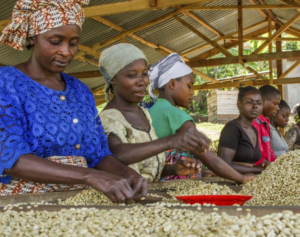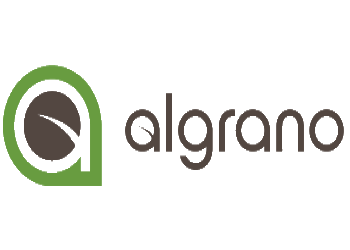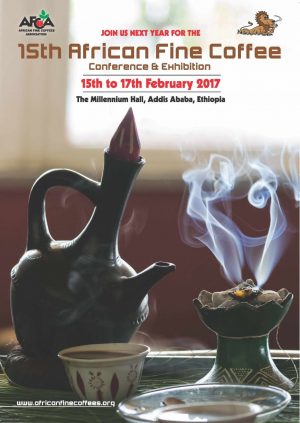Congolese Coffee Beans Attract the Specialty Coffee Sector’s Attention
 Congolese coffee beans are attracting the Specialty Coffee sector’s attention as reported by thelocalafricanews.com.
Congolese coffee beans are attracting the Specialty Coffee sector’s attention as reported by thelocalafricanews.com.
As the specialty coffee sector sees growth, exporters, retailers and roasters keep looking for new grounds in hope to discover ever better tasting coffee beans. But discovering newer grounds also mean taking risks of entering world regions that have been politically unstable for several years now and aren’t much explored for good reasons.
Central African Democratic Republic of Congo is a good example that fits here. Coffee enthusiasts from around the world find the Congolese beans interesting for their unique flavors but the coffee-rich provinces in Eastern Congo have been facing several challenges for the last 20 years now and hence aren’t one of very welcoming world regions.
But regardless of the circumstances, some of the biggest names of the coffee industry; Starbucks is planning to invest $1 million over three years in Congo as it launched its first single-origin Congolese coffee around its 1500 stores in US and Canada as mentioned by the localnewsafrica.com.
The high quality Arabica from the region has its own interesting flavor profile and Craig Russell, executive vice president of global coffee at Starbucks has visited the region twice in two years to maintain the bean’s supply as said by localnewsafrica.com.
More coffee roasters and from US and Europe are now showing their interest in Congolese coffee beans. Blue Bottle Coffee Co. from Oakland California is one example.
The growing interest is evident from the Congo’s specialty-coffee production stats that went from almost nothing in 2008 to 960 tons a year in the recent years as reported by localnewsafrica.com.
North and South Kivu provinces have 96 coffee-washing stations, which were as few as merely seven just five years ago according to the Université Chrétienne Bilingue du Congo.
Even the director of coffee supply at Fair Trade USA Ben Corey-Moran admits the potential Congolese coffee beans hold, calling it “dream land for specialty coffee production.” According to the Specialty Coffee Association of America, coffee beans must score 80 or above on a scale up to 100 in order to earn specialty status during cupping and tasting sessions. Congolese best beans earn at least 85 points on regular basis and score a wholesale price of about $3 per pound, twice the price on the ICE Futures U.S. exchange in New York.
Congolese coffee farmers hope to see their beans flourish in the international market once again as the number of coffee co-operatives increase. Altitude, climate and the soil fertility in the eastern parts of Congo are optimal for coffee growth. According to thelocalafricanews.com “Coffee companies and nonprofit groups are trying to persuade the government to lower taxes on coffee exports. The taxes and bribes can add up to as much as 13% of a shipment’s value, according to the Eastern Congo Initiative.”



